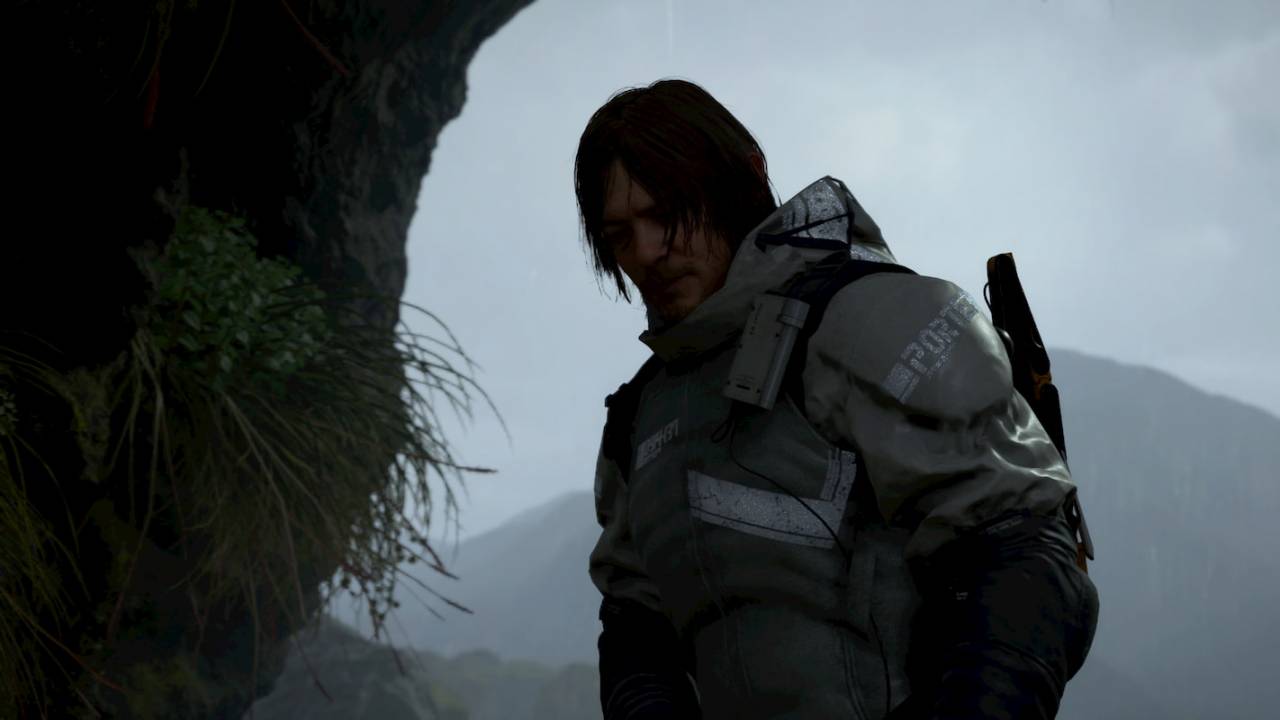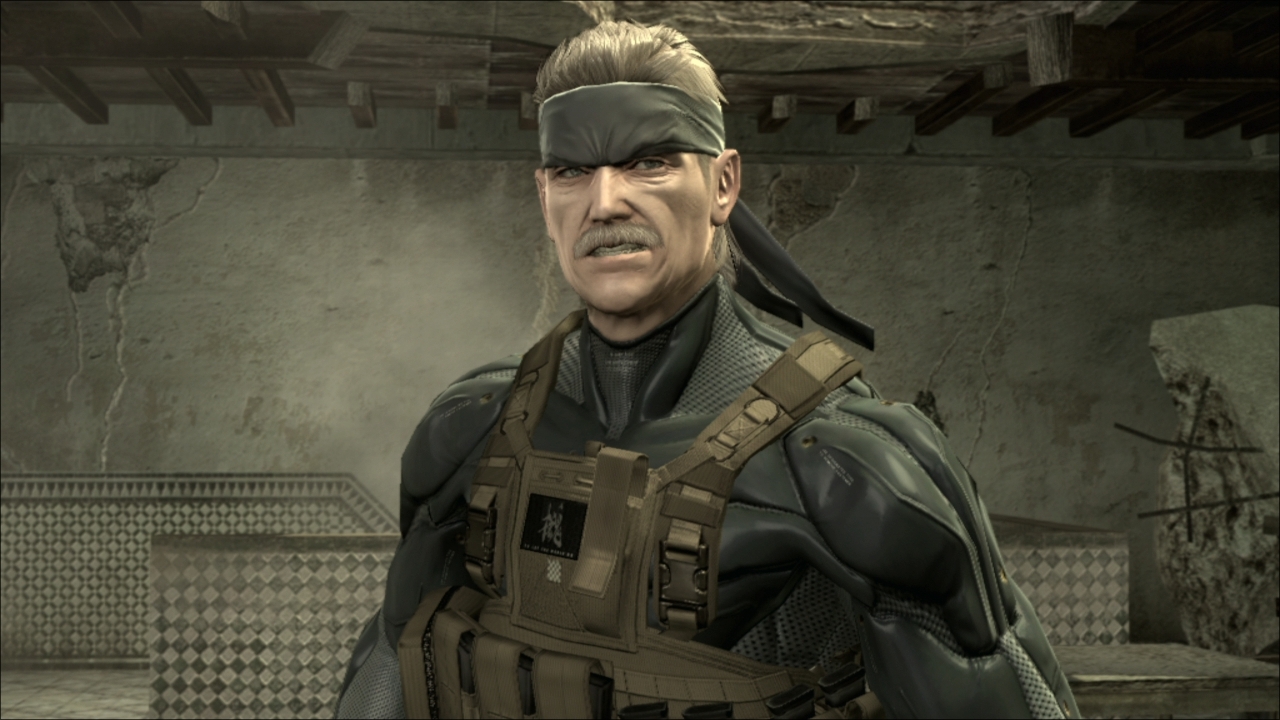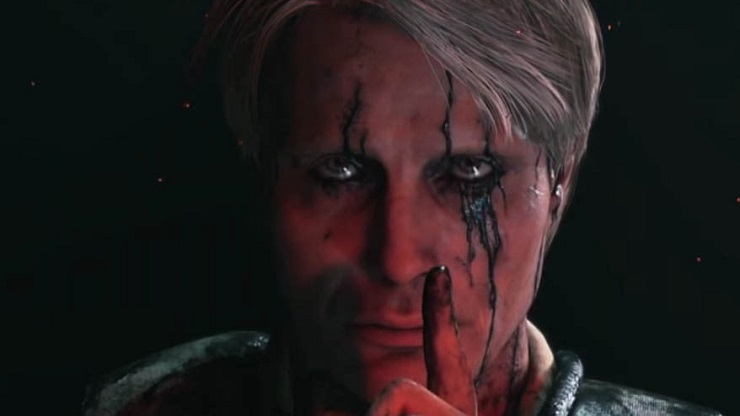Death Stranding has defined Hideo Kojima’s legacy once and for all
This article contains spoilers for Death Stranding.
When I was thirteen-years old, I had to move away from my childhood home because my mum and dad had struggled to keep up payments on our house. They’ve always put my needs ahead of theirs, and even now they’re always a phone call away, ready to be the same supportive parents they’ve always been. I remember it being a tough time, and having to say goodbye to the small group of close friends I’d spent hours of my life with was one of the most difficult things I’d ever had to do. My first experience with a games console took place in that house in Borrowash. I’d been bought a NES for Christmas one year, and I remember spending so much time playing through Super Mario Bros. and Teenage Mutant Ninja Turtles whenever I had a spare minute.
Video games were all about platformers back then. Mario, Sonic, Bubsy, Earthworm Jim, Kid Icarus, Donkey Kong – you name it, I played it. Across various consoles and games, I found my escapism in the joy of colourful levels and chirpy protagonists that helped to keep my innocence very much grounded, even when my parent’s problems started to become more noticeable to me. When I moved to a town around 10 miles away, it made the journey to school a solitary one. I didn’t ride on the bus with my friends, and once I’d finished for the day I went home to play alone. I started to find solace in more mature video games, and with the arrival of the PSone, there were games that began to define the older child I was becoming.

I looked for different types of games that helped me get through the journey of loneliness and puberty combined, and those adult-based video games like Resident Evil and Die Hard Trilogy were the type of games I enjoyed more. I remember buying Metal Gear Solid from the local outdoor market that was about a 10-minute walk away from my new home. I traded in around 10 games for it, and finally getting my hands on it is still such a fond memory, even now. It was a game that kept me company – a game that helped me to adapt to a place where I had no friends – and I’ll always be grateful to Hideo Kojima for that.
To this day, there isn’t a game in existence that has come close to the amount of love I’ve had for one video game like Metal Gear Solid. As much as I adore The Last of Us, I still cherish the adventures of Solid Snake and Meryl much more than those of Joel and Ellie. I enjoyed the future Metal Gears, especially Metal Gear Solid IV: Guns of the Patriots, but Kojima’s original PlayStation masterpiece is the single greatest video game to ever exist.

I’m fully aware of the opposing views on Kojima as a creator and director, and also that of those who don’t understand how he’s laundered as genius, but to me he really is. His ambition is infectious, and the stories he’s written, ideas he’s had, and games he’s created constantly try to best his previous work. He has a unique eye for storytelling, and his time at Konami meant we got a lot of great Metal Gear games. When he left the company, it was shrouded in mystery, and it wasn’t obvious as to exactly what happened, but there was definitely bad blood somewhere.
When Sony picked up Kojima, he had no money, just contacts. His reputation proceeded him, and due to his impressive body of work with Metal Gear and Zone of the Enders, they took a chance on him. With a studio that allowed him to create a game that could only be hindered by his own ambition, nobody knew what Death Stranding was. The trailers looked so different to anything he’d done before, and our knowledge of what these games would be was incredibly limited. But now, after playing Death Stranding, I can confidently say Hideo Kojima has cemented his legacy as one of the greatest storytellers of all time.

The world of Death Stranding is nothing like anything he’s done before, and it’s unique in its own way. The serenity of walking across a broken America is strangely comforting, especially when the music of Low Roar kicks in. When the BTs show up, it’s a completely different experience, but the marvel of those moments is still a sight to behold. The story never feels particularly difficult to follow, and his ability to pull on your heartstrings is something no other AAA developer has managed to do with such impact. Mama’s revelations about her pregnancy, Cliff’s transition from villain to victim is portrayed with sensitivity and emotion, with BB and Sam’s final journey reducing me to tears as the song that has tethered the entire plot together is unleashed in Ludvig Forssell’s incredible score and Jenny Plant’s haunting vocals.
Some people thought he was going to crumble without the Metal Gear franchise, and that his arrogance was going to get the better of him. Others think it’s far too abstract or convoluted to make any sense, and that we have to press buttons to balance the equipment seems like too much work. I’ve never felt the need to doubt Hideo Kojima, because everything I’ve ever played by him has been incredible. I love his particular brand of science fiction, and his ability to tell interesting stories combined with solid and intuitive gameplay. The first time I ever cried at a video game was at the end of MGS IV, and the fight with Psycho Mantis from the original Metal Gear is still the greatest video game moment I’ve ever seen.
I could go on forever, but I won’t. I’m sure many of you aren’t Kojima fans, but there’s not a single person that can deny the boundaries he has broken with his ideas. Death Stranding has defined his legacy, and it has shown that there is life after Metal Gear for one of the most important video game visionaries of all time.





